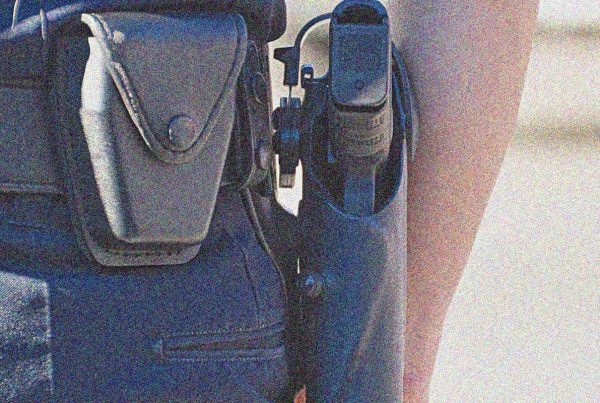The CCLA will appear today as an intervenor before the Supreme Court of Canada in the case of R. v. Singer. This case is about the scope of the “implied licence to knock”. This is a common law rule that permits members of the public, including the police, to approach the door of a residence and knock to communicate with the occupant, without first obtaining a warrant or there being exigent circumstances.
This case concerns the scope of the implied license to knock when it comes to the police. The CCLA will submit that whether the police have an implied license to knock depends on why they enter private property, or their “underlying purpose”. If the police enter a property to investigate a criminal offence, including through investigative questioning of the occupant(s), they must comply with s. 8 of the Charter, the right against unreasonable search and seizure. This would require the police to either have a warrant or exigent circumstances to enter the property.
You can read the CCLA’s factum (legal arguments) here.
The CCLA is grateful to Nader R. Hasan and Alexandra Heine of Stockwoods LLP for their excellent pro bono representation in this case.
About the Canadian Civil Liberties Association
The CCLA is an independent, non-profit organization with supporters from across the country. Founded in 1964, the CCLA is a national human rights organization committed to defending the rights, dignity, safety, and freedoms of all people in Canada.
For the Media
For further comments, please contact us at media@ccla.org.





